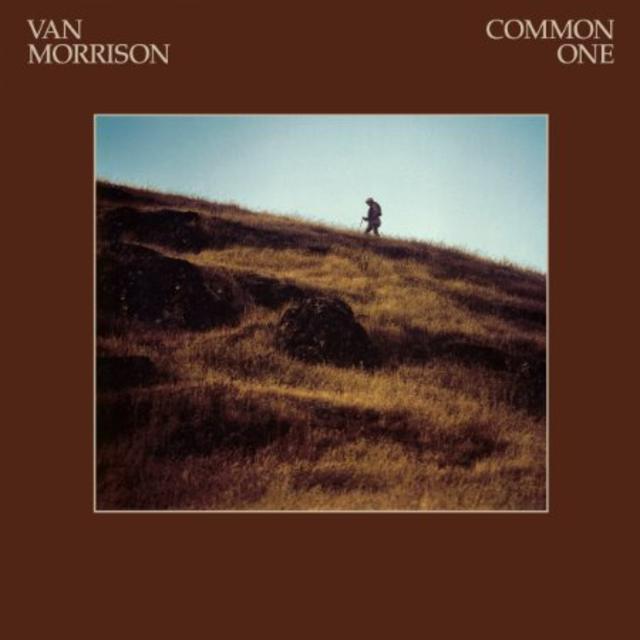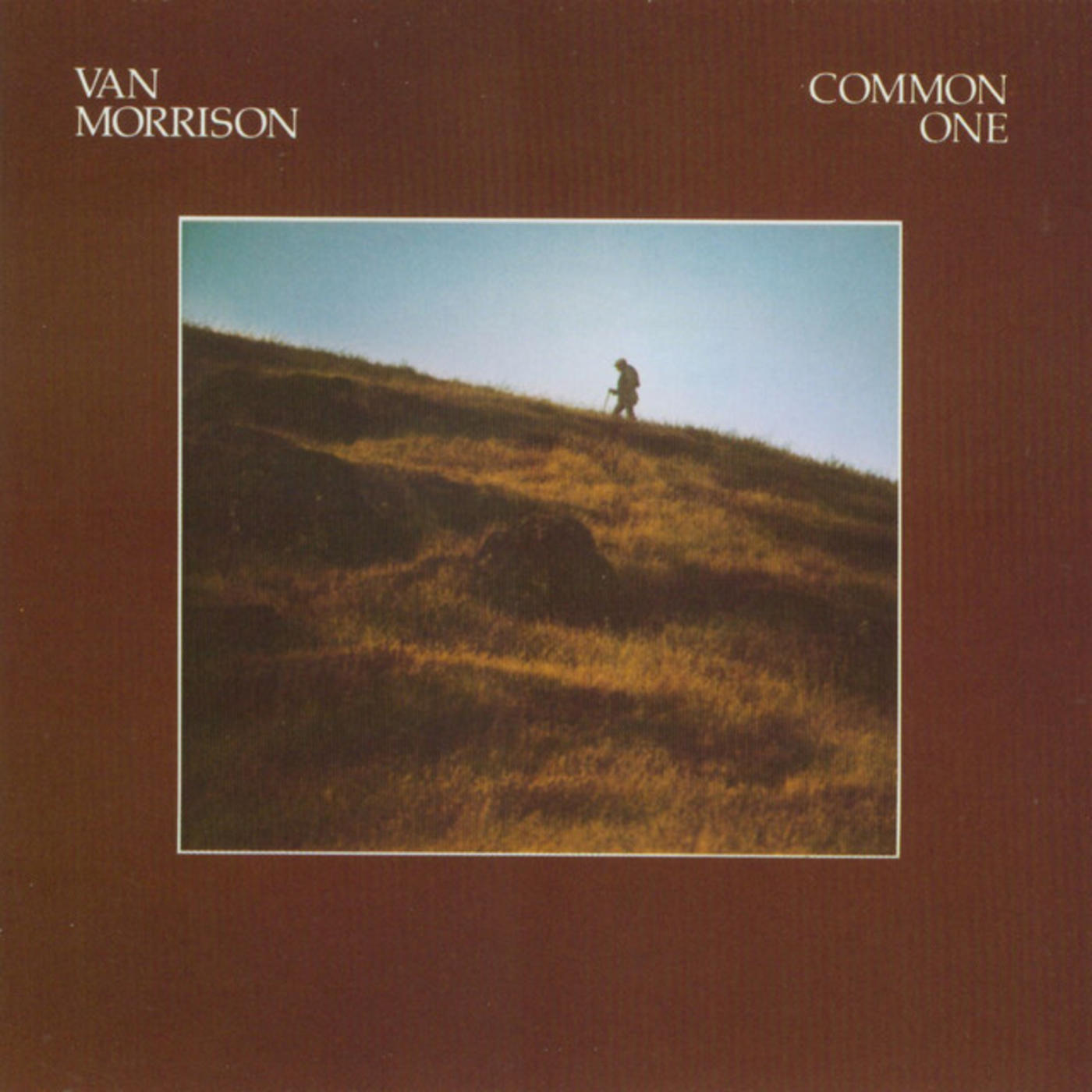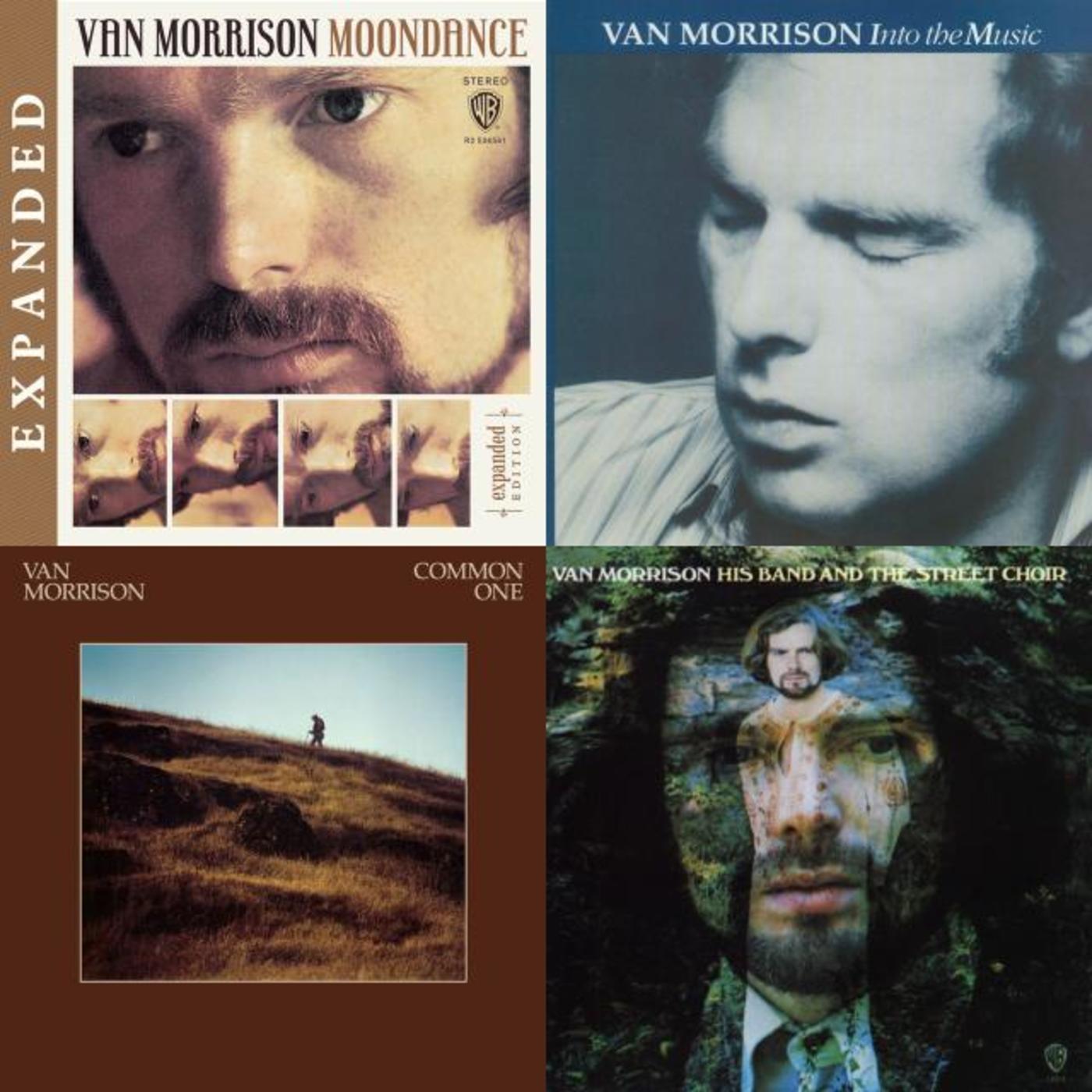Doing a 180: Van Morrison, Common One / Beautiful Vision / Inarticulate Speech of the Heart

A few months ago, we began the process of reissuing some of Van Morrison's most notable albums on 180-gram vinyl. Today, that process continues, this time with the trio of albums that Van delivered as he entered the 1980s.
As this was not an era which necessarily found him scoring huge hits on the pop charts, we thought we'd dole out a bit of background information about each album:
Common One (1980): One might argue that this album bears an ironic title, given that it was rather uncommon for a Morrison album up to that point, at least from a musical standpoint, delivering a much freeform jazz sound than most of the music people had heard from him in the past. Indeed, that's probably why it was received less than rapturously when it first emerged, but over time it has been reappraised by many critics, including Q Magazine, who gave it five stars when it was reissued on CD in 1988.
Beautiful Vision (1982): When Morrison returned with his next album, there was still a jazzy element to the tunes, but this time he was embracing a Celtic sound as often as not (and we're not just saying that because the first song on the album was entitled “Celtic Ray”). It may not be the most commercial album in his catalog, which caused some consternation among those on the business side of Morrison's career, but as its title implies, it's a beautiful one, and “Cleaning Windows” is arguably one of the best singles he released in the '80s.
Inarticulate Speech of the Heart (1983): Morrison's musical evolution continued with this album, which continued with the Celtic sounds but, in a move which surprised many, featured a number of all-instrumental tracks. Naturally, the one song to find even vague success on the singles chart was one which featured vocals (“Cry for Home”), and it's a nice, soulful song, to be sure. Unfortunately, the album itself proved to be Morrison's lowest-charting effort in the US since before the release of Moondance in 1970, but it was once again critically acclaimed. Go figure.
.articlePFAWrapper { width: auto; } .buyArea { width: 355px; }

